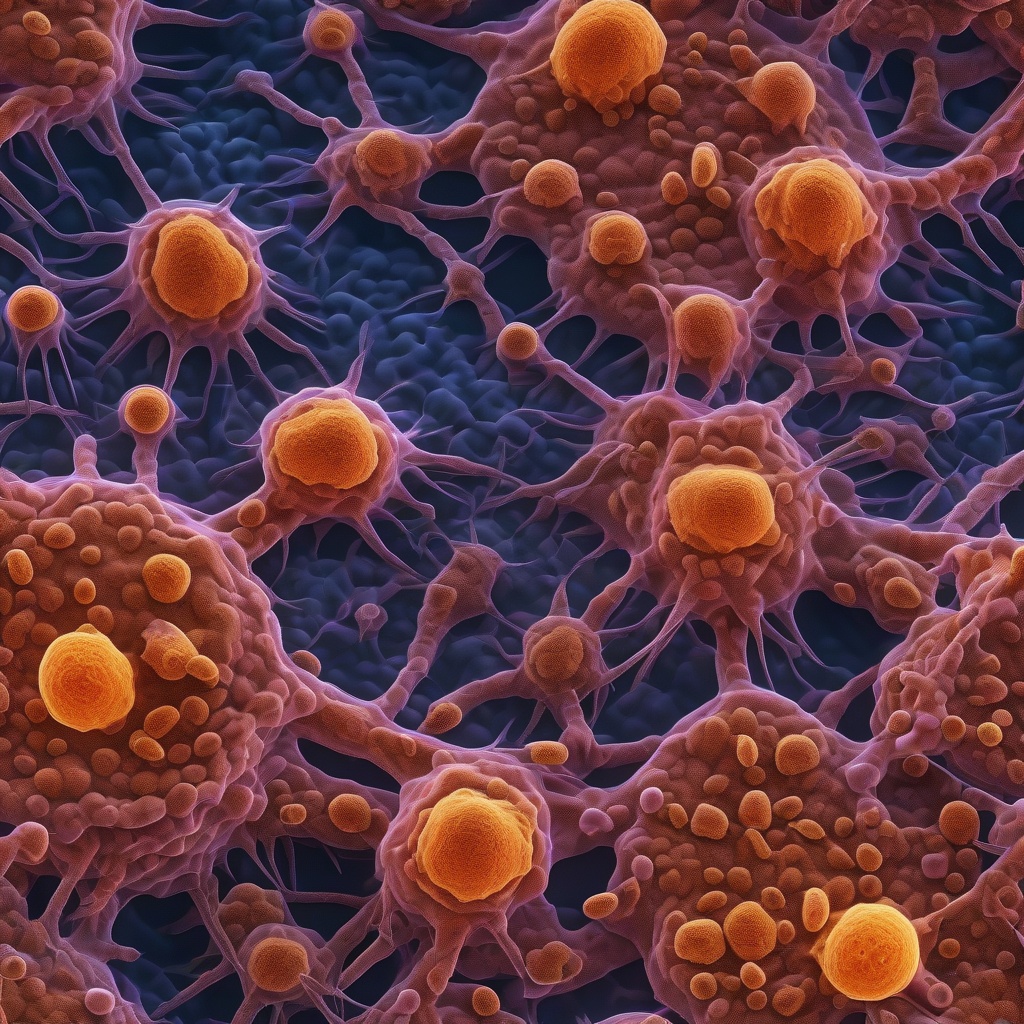Celldex’s Barzolvolimab Shows Promise in Treating Chronic Spontaneous Urticaria with Significant Results
Chronic spontaneous urticaria (CSU) is a debilitating skin condition characterized by recurring hives and itching. The condition affects millions of people worldwide, and current treatments often provide inadequate relief. However, a new study presented by Celldex Therapeutics has shown promising results for a potential treatment, Barzolvolimab.
Understanding Chronic Spontaneous Urticaria
CSU is a complex condition involving mast cell activation. Mast cells play a crucial role in the body’s immune response, but in CSU, they become overactive, leading to the release of histamine and other chemical mediators. This results in symptoms such as itching, hives, and swelling.
Current Treatment Options
Current treatments for CSU often involve antihistamines, corticosteroids, and immunosuppressants. However, these treatments may not provide adequate relief for all patients, and some may experience significant side effects. There is a clear need for more effective and targeted treatments.
Introducing Barzolvolimab
Barzolvolimab is a humanized monoclonal antibody that specifically targets mast cells by binding the receptor tyrosine kinase KIT with high specificity. By targeting KIT, Barzolvolimab inhibits mast cell activation and reduces the release of histamine and other chemical mediators.
Significant Results in Clinical Trials
The study presented by Celldex Therapeutics demonstrated significant results in patients with CSU treated with Barzolvolimab. The trial showed a substantial reduction in symptoms, including itching and hives, compared to placebo. Additionally, Barzolvolimab was well-tolerated, with a favorable safety profile.
- Key findings:
- Significant reduction in itching and hives
- Rapid onset of action
- Favorable safety profile
Implications for Treatment
The results of this study have significant implications for the treatment of CSU. Barzolvolimab offers a new and targeted approach to treating this debilitating condition. By specifically targeting mast cells, Barzolvolimab has the potential to provide more effective relief for patients with CSU.
According to the study data presented, which you can read more about here, Barzolvolimab could become a valuable addition to the treatment options available for CSU.
Conclusion
In conclusion, Celldex’s Barzolvolimab has shown promise in treating chronic spontaneous urticaria with significant results. By targeting mast cells and reducing symptoms, Barzolvolimab offers a new and effective treatment option for patients with CSU. As further research and development continue, Barzolvolimab may become a valuable tool in the management of this debilitating condition.



